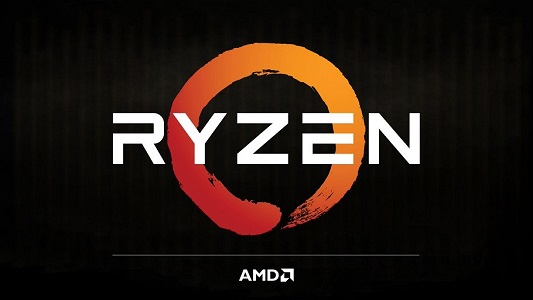- Joined
- Aug 20, 2006
- Messages
- 13,000
There is mounting evidence that an Intel CPU bug, which could have lasting consequences for Amazon, Google, and other major cloud providers, is about to be disclosed. While a fix is in the pipeline, people say that it could impose performance penalties of as much as 35 percent. AMD chips are reportedly unaffected.
tl;dr: there is presently an embargoed security bug impacting apparently all contemporary CPU architectures that implement virtual memory, requiring hardware changes to fully resolve. Urgent development of a software mitigation is being done in the open and recently landed in the Linux kernel, and a similar mitigation began appearing in NT kernels in November. In the worst case, the software fix causes huge slowdowns in typical workloads.
tl;dr: there is presently an embargoed security bug impacting apparently all contemporary CPU architectures that implement virtual memory, requiring hardware changes to fully resolve. Urgent development of a software mitigation is being done in the open and recently landed in the Linux kernel, and a similar mitigation began appearing in NT kernels in November. In the worst case, the software fix causes huge slowdowns in typical workloads.
Last edited:
![[H]ard|Forum](/styles/hardforum/xenforo/logo_dark.png)
